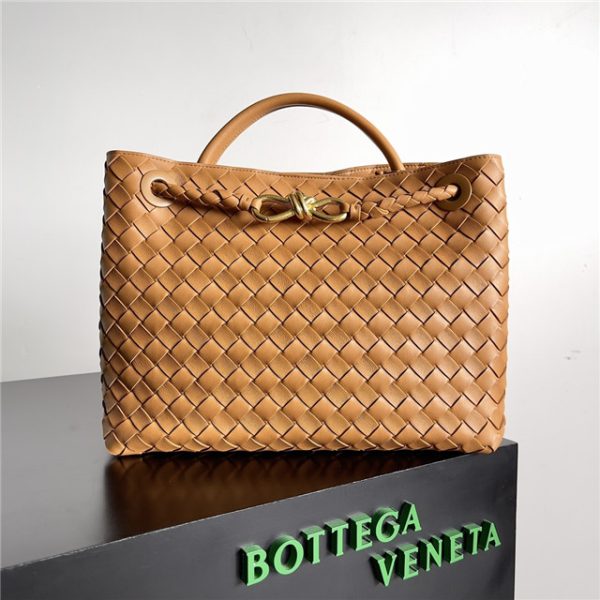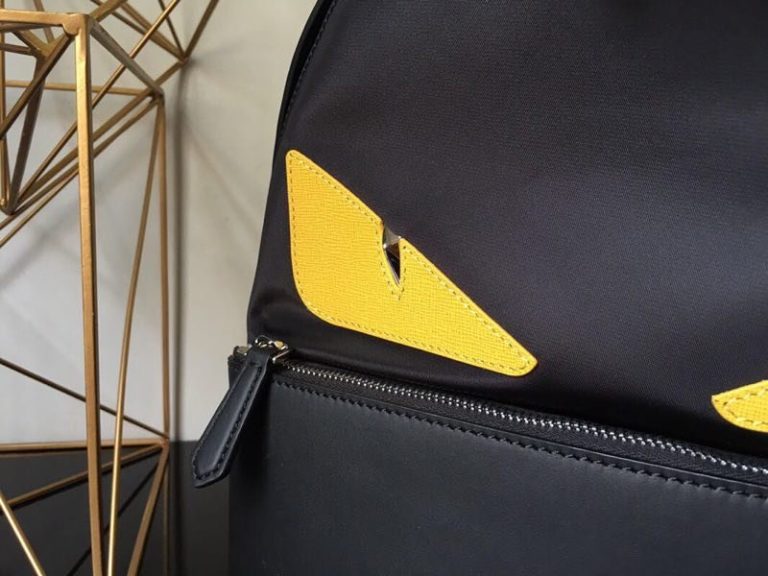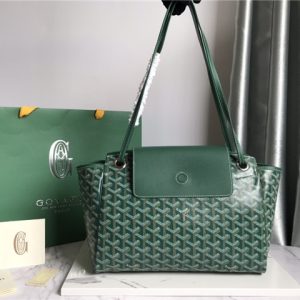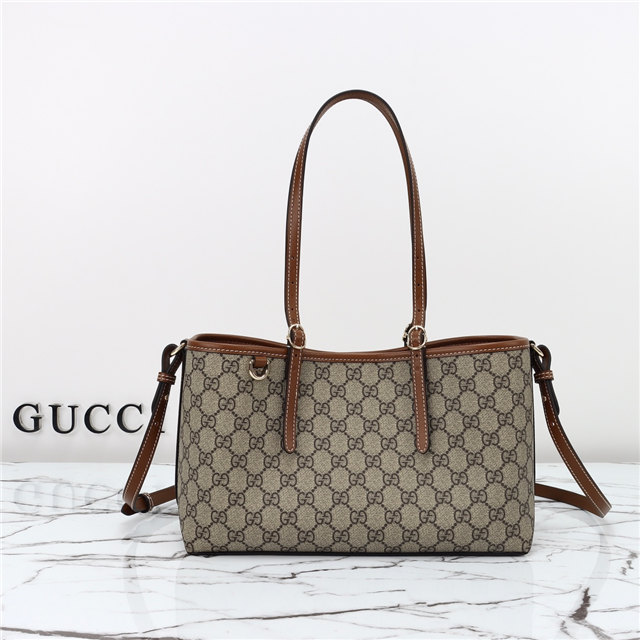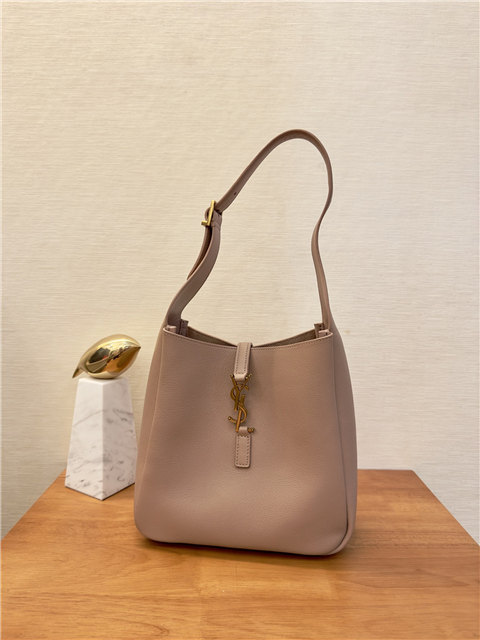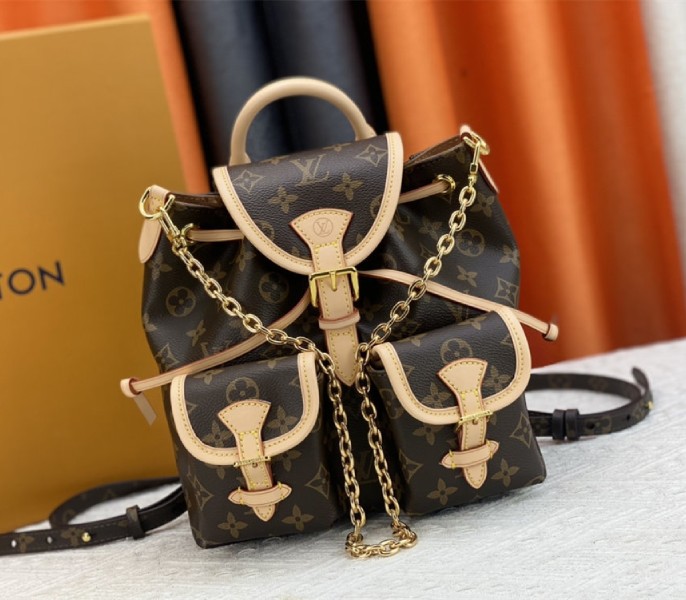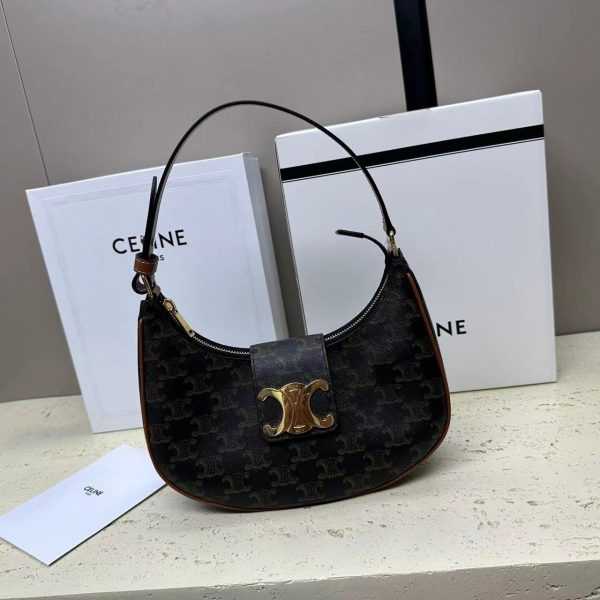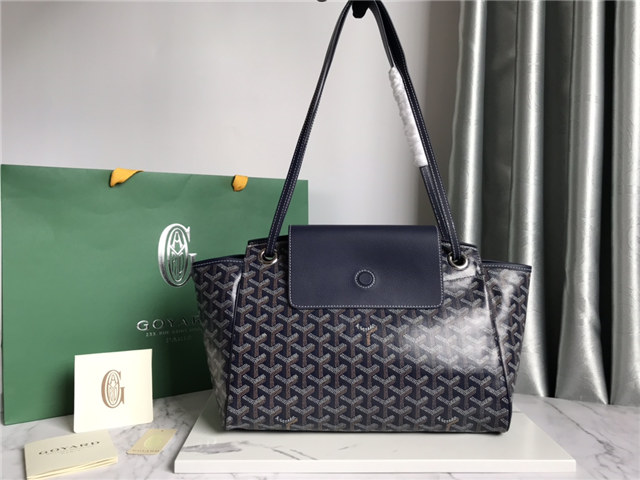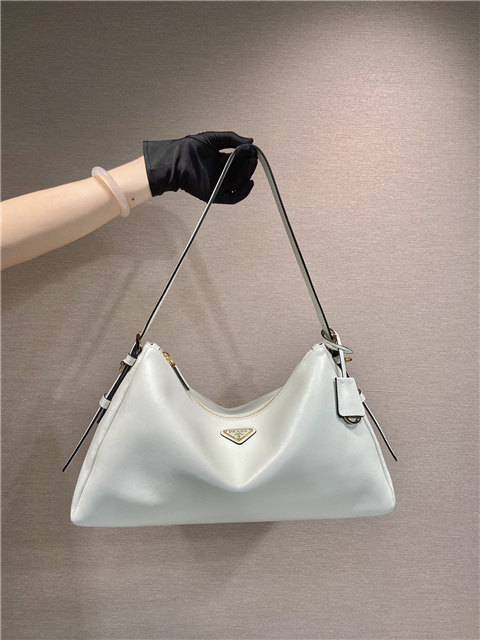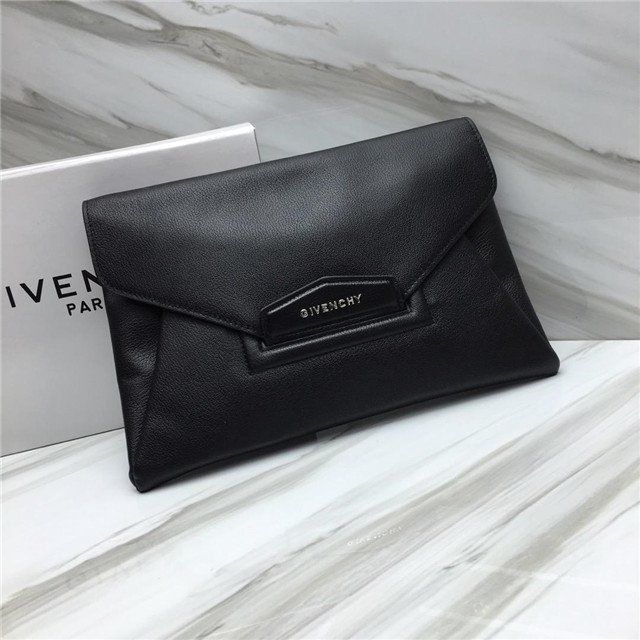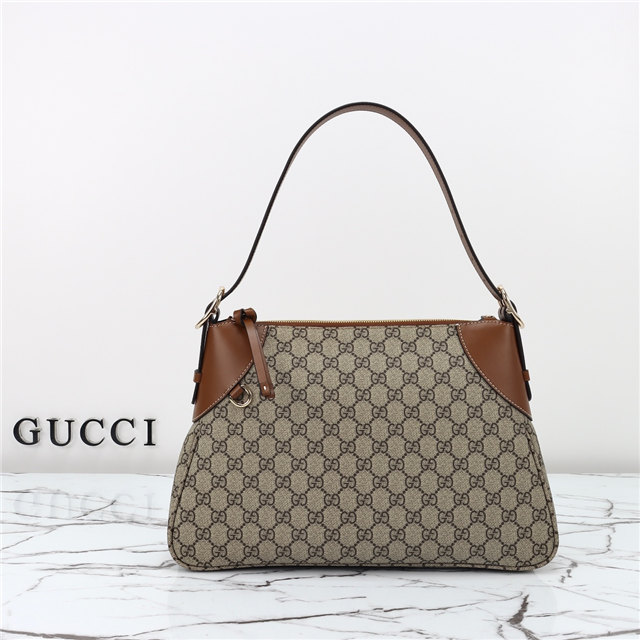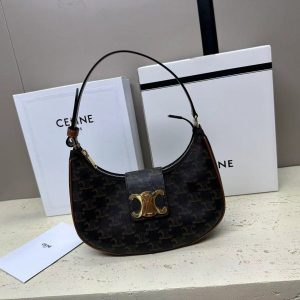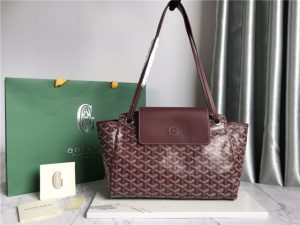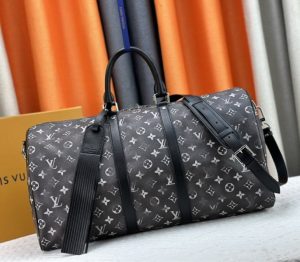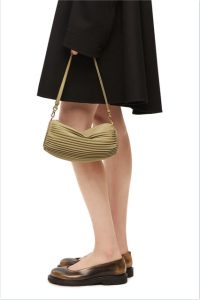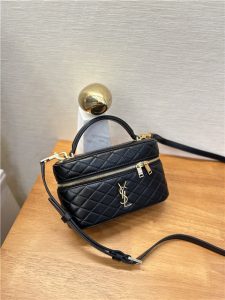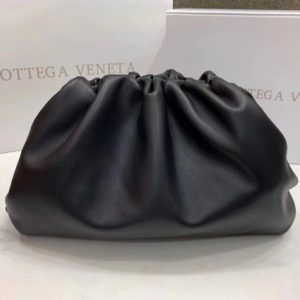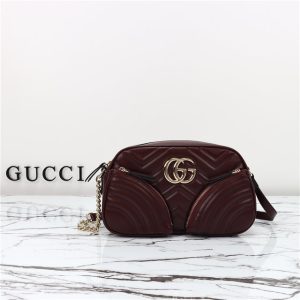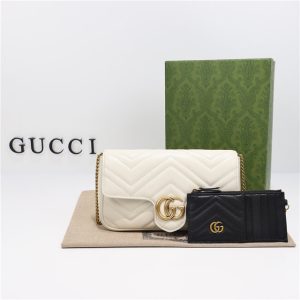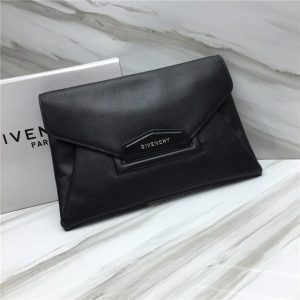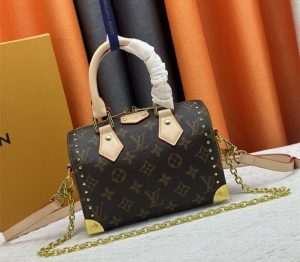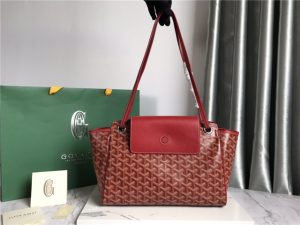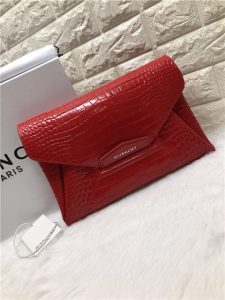First off, the obvious: no reputable jeweler is going to be openly selling fake Rolexes. Like, come on, that’s just asking for a massive lawsuit and a ruined reputation. Plus, most reputable jewelers, they won’t even touch a fake watch for repairs. You bring in a clearly fake Rolex, they’ll probably just politely tell you to scram. Brands themselves won’t touch ’em either. You gotta figure, it’s bad for business, y’know?
But then you get into the gray areas. What about a less-than-scrupulous jeweler? You know, the kind you find online or maybe in a dodgy part of town? Those guys, well, who knows what they’re up to. There’s some sketchy stuff going on out there. I saw a thing about someone finding a fake dealer on Etsy. Etsy! You gotta be careful where you shop!
And that’s the thing. It’s not always *blatantly* “here’s a fake Rolex, buy it for $50.” Sometimes, it’s more subtle. They might use misleading pictures, like stock photos of real watches, to lure you in. Or they might use some fancy words that sound legit but are actually just BS. That’s why it’s so important to be vigilant, especially when buying online. Do your research, check reviews (even though those can be faked too!), and trust your gut. If something feels off, it probably is.
Also, spotting a fake can be tricky. I read somewhere that you gotta look for misaligned parts, like the hands or the numbers. Apparently, real watches have perfect alignment. But honestly, who’s got the eye for that? I sure don’t.
Here’s my personal opinion: it’s a total scumbag move for a jeweler to sell fakes, even if they are upfront about it. It devalues the real thing and preys on people who might not know any better. The whole thing just feels…icky.
But hey, the trademark thing is interesting. Apparently, it’s about *selling* the trademarked item. So, repairing a fake probably doesn’t get you in legal trouble, but selling one definately does. I mean, you can fix a fake, but you can’t sell it.

